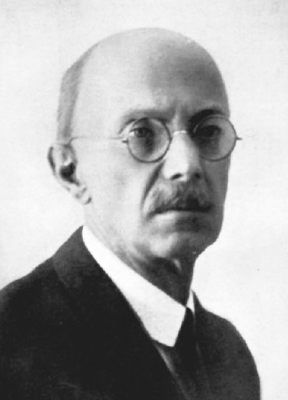Kálmán Kandó

(Pest, July 10, 1869 – Bp., January 13, 1931)
(Pest, July 10, 1869 – Bp., January 13, 1931)
mechanical engineer, pioneer of railway electrification, member of the Hungarian Academy of Sciences (1927).
He earned his diploma at the Budapest University of Technology in 1892. He began working for the Compagnie de Fives-Lille in Paris (1892–1894) and then returned to Budapest to the Ganz Factory, where he soon became head of the Electrical Editing Department. He introduced the manufacture of induction motors (based on his own designs and calculation methods) and began using them for rail traction purposes. In 1896–1898, he designed the first three-phase road tramway (Evian-les-Bains) and electrified several mining railways. Based on the operating results of the phase-change test locomotive, MÁV decided to electrify the Budapest – Hegyeshalom main rail line (1929), for which Kandó designed the electric locomotive named after him. He was awarded the Wahrmann Prize by the Hungarian Academy of Sciences in 1921 for his pioneering achievements in the field of energy management, he was inaugurated as an honorary doctor by the Budapest University of Technology in 1922, and he received several national and international awards.

